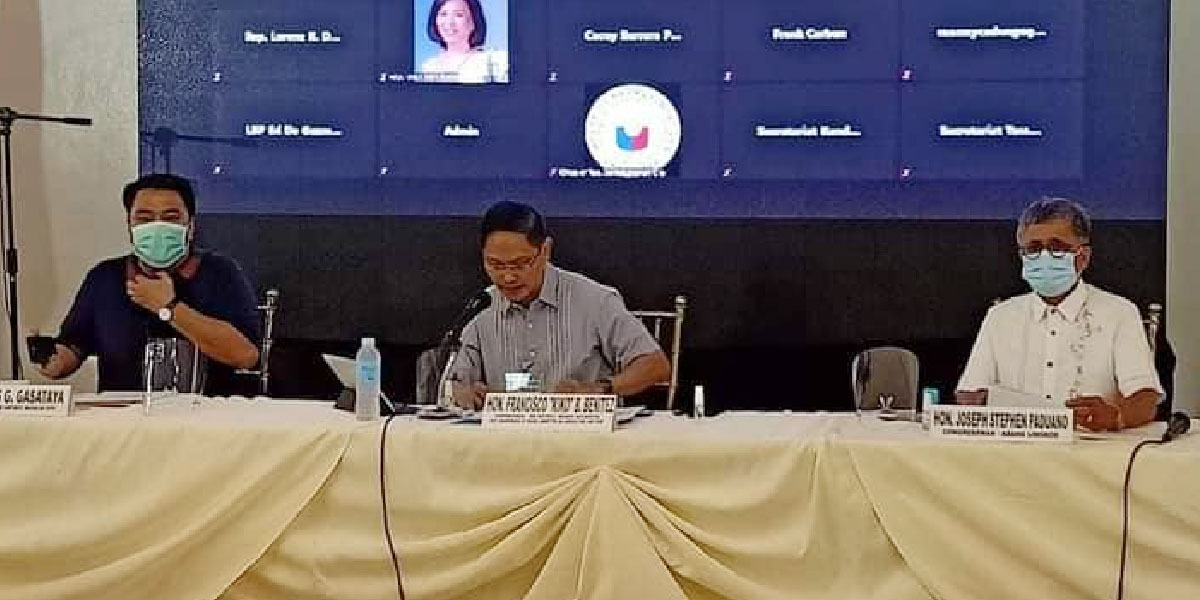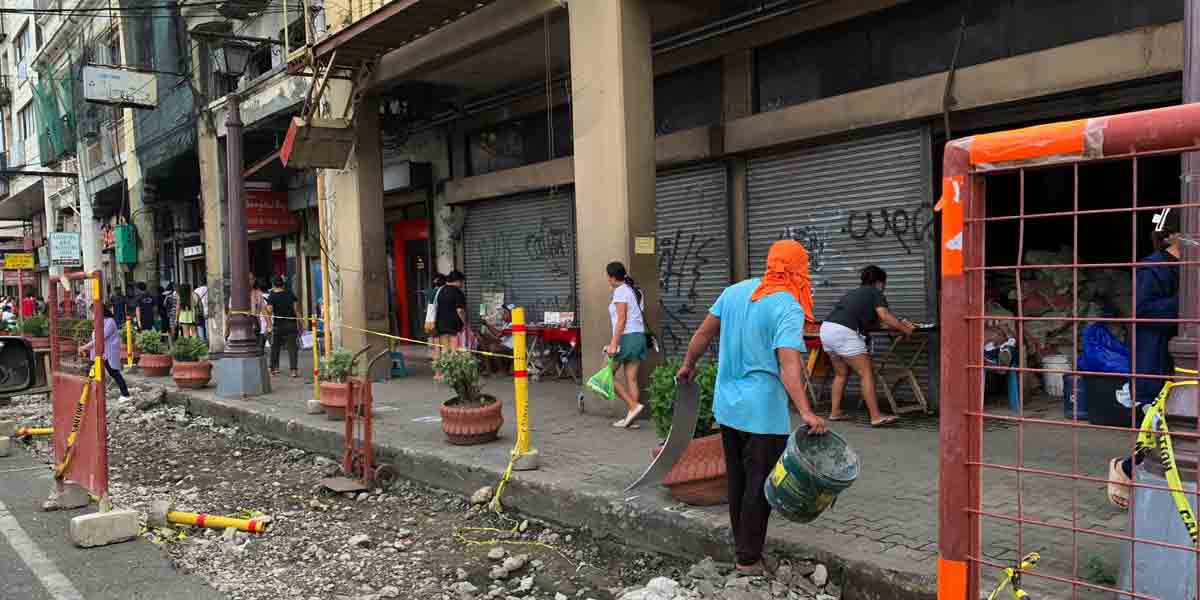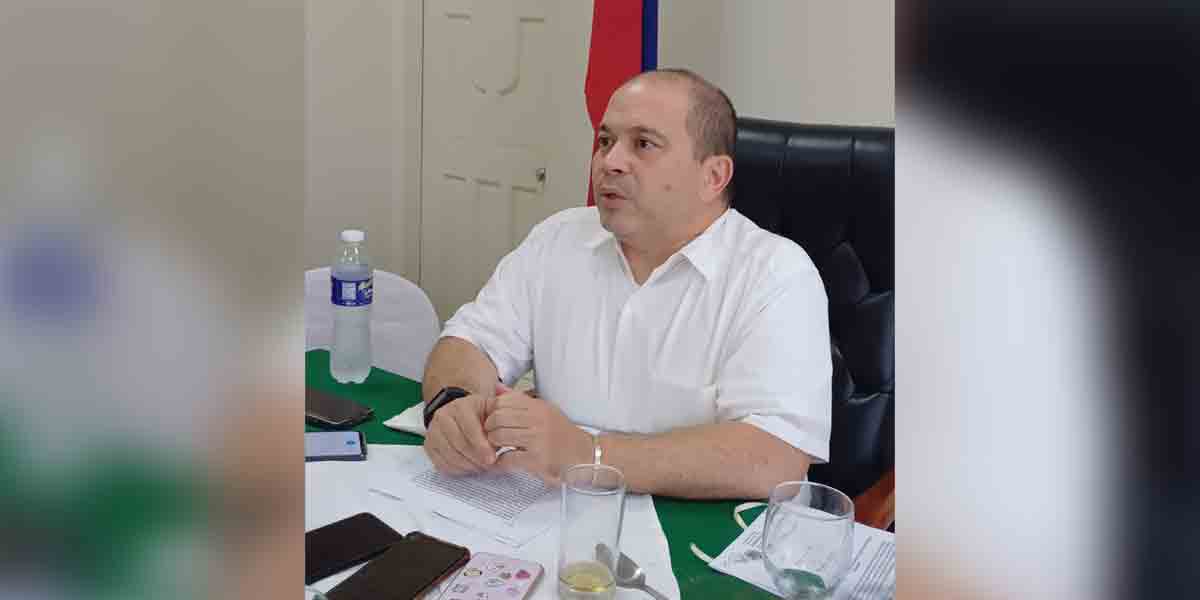
By Dolly Yasa
BACOLOD City – The House of Representatives Committee on Agriculture is looking into the reported slow implementation of the Sugar Industry Development Act (SIDA) programs, causing adverse effects on the sugar industry, small farmers, and workers.
This has placed the Sugar Regulatory Administration under scrutiny.
Rep. Francisco Benitez (3rd District, Neg.Occ.) said that while the 15th Congress passed Republic Act 10659 or SIDA to increase production efficiency in sugarcane farms and sugar mills through research and technological innovation, infrastructure, and human resource development, the implementation of programs, except the hard infrastructure, has been slow and with limited impact.
Benitez, who chairs the House Committee on Agriculture Technical Working Group, presided over a blended meeting Thursday with other solons, sugar industry stakeholders, and SRA officials.
He said the hearing is also geared to devise solutions to make local sugar production sustainable, efficient, competitive and profitable, and to promote the welfare of small-scale sugarcane farmers and farm workers.
The lawmaker further said that they will look into many factors in play, primarily the slow implementation of SIDA programs, including its funding, as he noted that the budget allocated for SRA is PHP712.26-million for this year. This only covers the construction of farm-to-mill roads, although SIDA mandates an annual appropriation of PHP2-billion.
The TWG will look into how to improve the SRA performance, and the bottlenecks in the implementation of programs, Benitez said.
Benitez said they are not pointing fingers and blaming anyone, but are finding solutions to the problems of sugar industry.
“At a time when the sugar industry is threatened by liberalization, at a time when our economy is being radically transformed by pandemics and climate change, we must work together to save the industry that has become an integral part of our culture,” he added.
With Benitez during the Zoom meeting in Talisay City were House minority leader and Abang Lingkod Rep. Stephen Paduano, Bacolod Rep. Greg Gasataya, and former Rep. Mercedes Alvarez, who represented her father, Rep. Genaro Alvarez Jr. (Neg. Occ., 6th District).
Sugar Regulatory Administrator Hermenegildo Serafica presented the SRA accomplishments in the four-year implementation of SIDA programs during the zoom meeting, and said they welcomed the legislative inquiry.
Serafica said that in four years of the SIDA implementation, they were able to complete 155.572 kilometers of farm to mill roads in 137 sites, 57 meters of bridge projects, while the construction of 21 kilometers of farm to mill roads in 31 sites is still ongoing.
He said a total of PHP2.69-billion has been allocated for SIDA infrastructure programs, from 2016 to 2020, with budget utilization ranging from 92% to 17%, as of 2019, based on the March 2020 report of the Department of Public Works and Highways.
In the implementation of the block farm program, 5,688 farmers were benefitted and provided with tractors, cane loaders, cane cutters, implements, and irrigation equipment.
He also said that the lack of personnel, delayed procurement, incomplete documentary requirements, and delays on memorandum of agreement preparations were among the challenges they had encountered in the implementation of SIDA programs, which they are addressing.
Under the TRAIN (Tax Reform for Acceleration and Inclusion) law, SIDA programs are supposed to benefit from the collection of excise tax on sugar-sweetened beverages, he said.
But despite collecting billions in taxes from sugar-sweetened beverages, Benitez said “zero” has been allocated for SIDA programs.



















